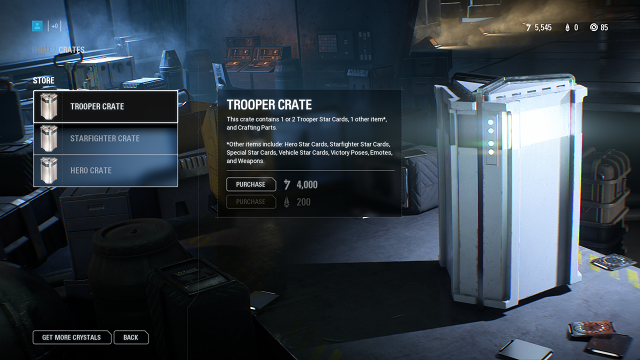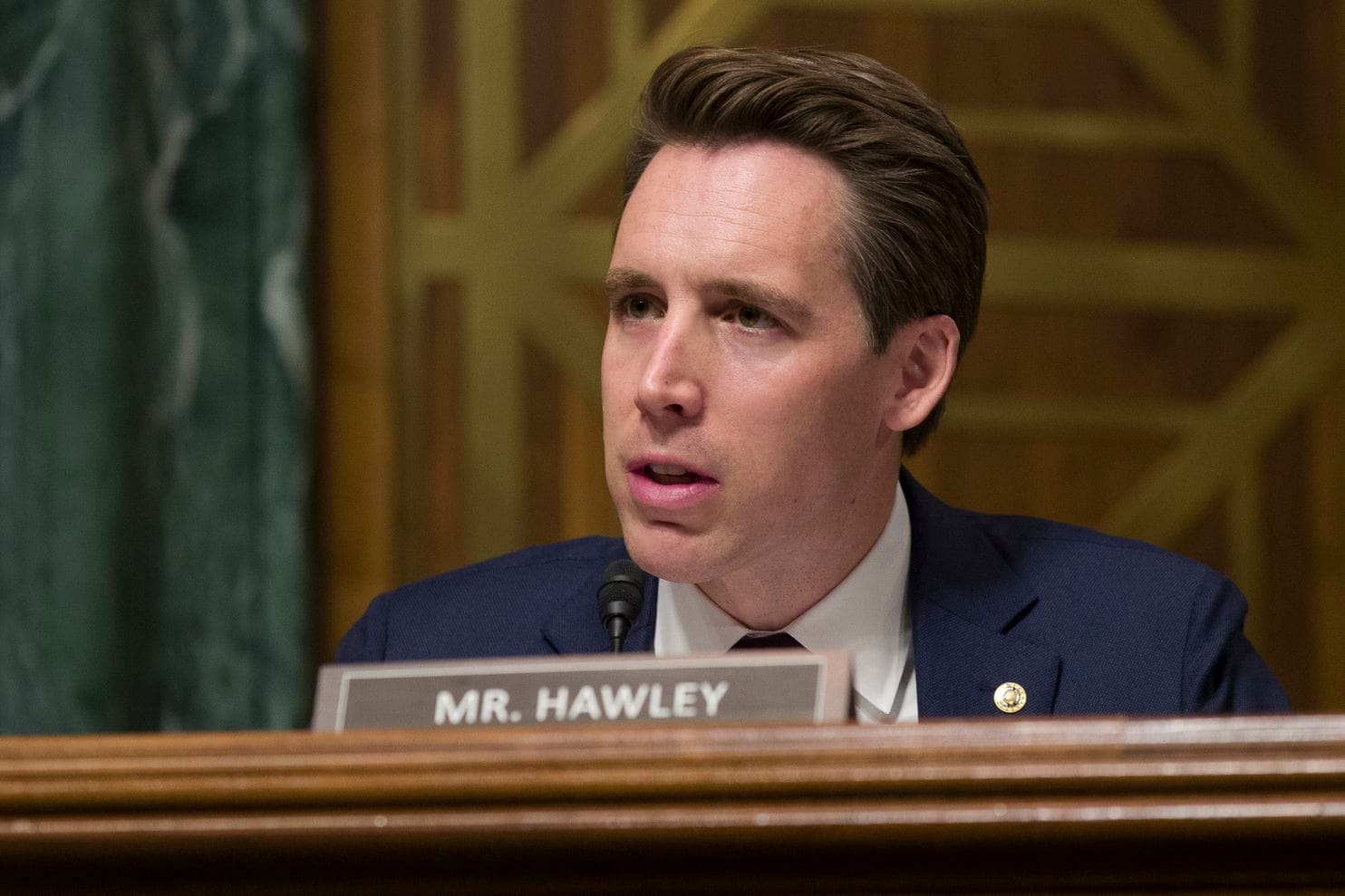U.S. Senator Josh Hawley (R-Mo) introduced a new piece of federal legislation today designed to curb what he calls the exploitation of children through loot boxes and microtransactions.
The proposed bill, called the Protecting Children from Abusive Games Act, would outlaw loot boxes, purchasable cosmetic items, and any other items, randomized or otherwise, available for real money in games that are popular with children. Hawley broadly categorizes these under two specific labels: loot boxes and pay-to-win.
Games covered under the microtransaction ban would include those specifically targeting players under 18, along with games popular with minors, but designed for wider audiences — for instance, Fortnite and Candy Crush
In fact, he offered the latter’s use of phrasing and imagery as an example of predatory tactics designed to entice children, with its expensive “Luscious Bundle” ($149.99) that offers both loot and pay-to-win advantages.
Hawley said:
When a game is designed for kids, game developers shouldn’t be allowed to monetize addiction. And when kids play games designed for adults, they should be walled off from compulsive microtransactions. Game developers who knowingly exploit children should face legal consequences.
The proposed bill comes not too long after the Federal Trade Commission’s (FTC) investigation into the legality of loot boxes and whether they constitute gambling, which itself was connected to the ESRB’s statement claiming loot boxes weren’t related to gambling.

Curiously, Hawley’s statement included verbiage closely similar to recent laws outlawing battle royale games, PUBG in particular, in Nepal and Iraq:
Social media and video games prey on user addiction, siphoning our kids’ attention from the real world [emphasis added] and extracting profits from fostering compulsive habits. No matter this business model’s advantages to the tech industry, one thing is clear: there is no excuse for exploiting children. through such practices
Whether that means the discussion on Capitol Hill will eventually expand to include other perceived harmful effects on children aside from gambling remains to be seen.
It also isn’t certain that, if passed, the act would outright ban microtransactions and loot boxes. Legislation often doesn’t pass in its original form — or even anything remotely resembling its original form.
There are also other examples of loot boxes and microtransactions that are handled in a less predatory way. One of these is fairly recent as well, Ubisoft’s Tom Clancy’s The Division 2, where loot boxes were transparent in what could be inside, plus there were no duplicate items.
It could be that, rather than a straight ban, developers will simply have to include alternative ways of making additional profit off of extra items like those mentioned above







Published: May 8, 2019 01:50 pm